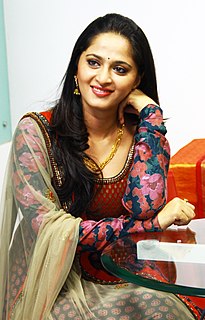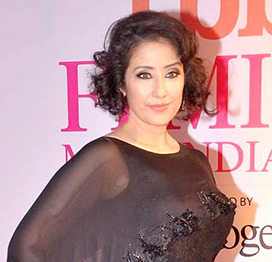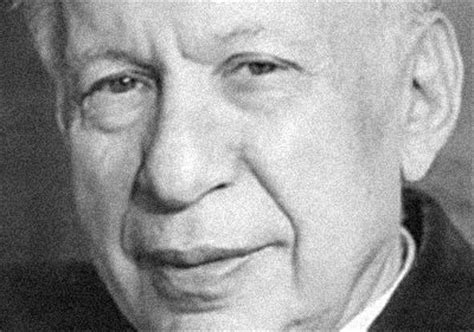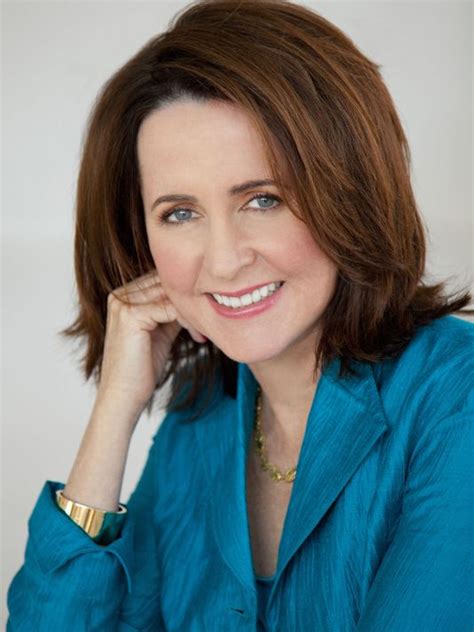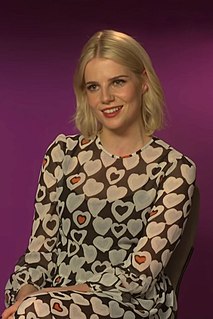A Quote by James Dean
When an actor plays a scene exactly the way a director orders, it isn't acting. It's following instructions. Anyone with the physical qualifications can do that.
Related Quotes
When an actor plays a scene exactly the way a director orders, it isn't acting. It's following instructions. Anyone with the physical qualifications can do that. So the director's task is just that – to direct, to point the way. Then the actor takes over. And he must be allowed the space, the freedom to express himself in the role. Without that space, an actor is no more than an unthinking robot with a chest-full of push-buttons.
As an actor, it's always important to understand what the director is after. That, to me, is my job. When I'm acting, I like to ask a lot of questions and understand exactly why the director is doing what they're doing, so that I can provide him or her with the ingredients that they need to get the scene that they want. It's not to challenge them, in any way. It's just so that I can do my job best.
I think one of the things you have to be aware of as an actor is that if you come on the set and see the director standing there mouthing all the words while a scene is going on, that's usually a very bad sign because it means the director has already shot the scene in his head. He knows exactly the rhythm and the nuances that he wants delivered in the line and you're not going to dissuade him.
The actor's physical type is the main consideration. It isn't and shouldn't be. Does the actor "look the part"? It is the simplest question to deal with. The director deludes himself who yields to the temptation to believe that an affirmative answer settles the matter. An actor's looks will impress an audience initially but after his first five minutes on stage it becomes aware of what he or she communicates (or fails to communicate) through acting!
The acting background helped a lot when I started writing. I was training for it. In acting class they teach you about the stakes in a scene (and) what motivates characters. When you bring a scene to class - as an actor with your scene partner - you have to do everything. There's no producer, set decorator or anything like that. You and you partner have to do everything and that's kind of like facing the blank page as a writer.
Stepping out of the director's chair completely and into a scene as an actor was weird. It was more excitement about directing than anything, but I was on a high from being a director and enjoying that process so much that going back to being an actor was almost secondary because I really was loving directing.
When you do improv, you're everything. You're a performer, writer, and director, because you're moving the scene in the direction you want it to go, you're making it up as you go, and you're acting it. You're all of those things, so I always viewed myself that way. And with the films I've done, I've written on them, I've acted in some of them. And even ones I haven't acted in, I've acted them out just to be sure another actor can do them.



